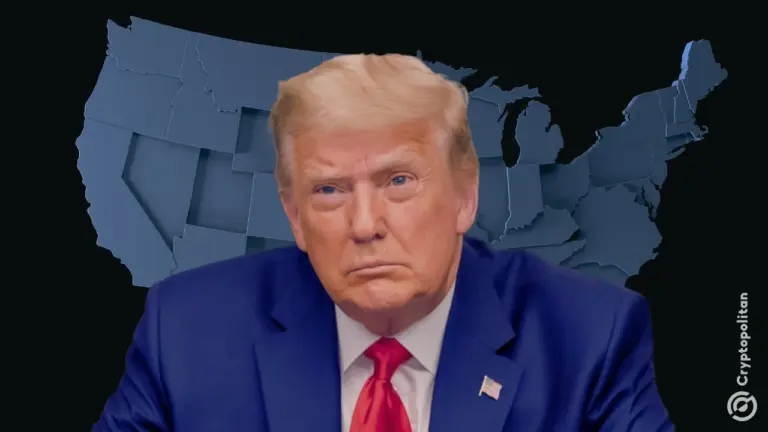IMF’s Bo Li Flags Key Regulatory Gaps in Global Stablecoin Race
The global race to regulate stablecoins is picking up speed. However, two critical issues still cloud the path forward, according to Bo Li, Deputy Managing Director at the International Monetary Fund (IMF).
The global race to regulate stablecoins is picking up speed. However, two critical issues still cloud the path forward, according to Bo Li, Deputy Managing Director at the International Monetary Fund (IMF).
Speaking at the World Economic Forum’s Summer Davos event, Li underscored unresolved questions surrounding the classification of stablecoins — a dilemma that could significantly shape their future regulation.
As reported by Chinese financial outlet Caixin, Li highlighted that while countries across the U.S., Europe, and Asia have made notable strides in developing regulatory frameworks for stablecoins, a core issue remains: how should these digital assets be classified? Are they monetary currencies or financial assets akin to stocks, gold, or bonds?
 Source: Caixin
Source: Caixin
“Currently, a large number of digital currency or stablecoin regulatory experiments and explorations are being carried out around the world,”
said Bo Li in his statement at the Summer Davos 2025.
Li further explained that if stablecoins are categorized as currency, governments would need to determine whether they fall under narrow money (M0) or broader money (M2) classifications — a distinction that directly affects how issues such as anti-money laundering (AML) controls and liquidity buffers are enforced.
“But this is just the starting point. There are still many problems to be solved and global consensus needs to be further consolidated,”
said the IMF Deputy Managing Director.
His comments come at a time when the global regulatory landscape is shifting rapidly. The United States recently passed the Genius Act, a landmark bill offering regulatory clarity for USD-backed stablecoins. Hong Kong has followed suit, with its Stablecoin Ordinance set to take effect on August 1, 2025.
The IMF has noted a ripple effect from these developments, with increased pressure on countries such as Russia, South Korea, and China to accelerate their own stablecoin legislation to remain competitive.
With stablecoins poised to play a larger role in the financial ecosystem, Li’s remarks highlight the urgency for clearer, unified rules — and a shared understanding of what stablecoins truly represent in the modern economy.
If you want to read more news articles like this, visit DeFi Planet and follow us on Twitter , LinkedIn , Facebook , Instagram , and CoinMarketCap Community.
“Take control of your crypto portfolio with MARKETS PRO, DeFi Planet’s suite of analytics tools.”
Disclaimer: The content of this article solely reflects the author's opinion and does not represent the platform in any capacity. This article is not intended to serve as a reference for making investment decisions.
You may also like
Russia tightens noose on crypto with package of new laws
Share link:In this post: Moscow is ready to hit crypto users with a series of laws. Russian crypto traders face bank account blocks and even jail time. Legislative changes have cleared the ground for the launch of the state-issued digital ruble.
Tesla investors are losing patience with Musk’s bold claims and slow progress
Share link:In this post: Tesla’s sales, profits, and stock have dropped, with analysts citing weak demand and rising competition from China. Musk remains optimistic, touting future robotaxi services and Tesla’s AI as superior. Tesla faces growing pressure from rivals like Waymo, which is expanding faster and already generating revenue from autonomous ride services.

Trump ramps up America’s market intervention to crisis-level scale
Share link:In this post: Trump now holds a golden share in U.S. Steel, giving him direct veto power over company decisions. The Pentagon bought a $400 million stake in MP Materials, marking its first equity move in mining. Trump proposed taking a 50% stake in TikTok and may expand investments in strategic industries.

Trump’s trade deals may not shield U.S. consumers from tariff-driven inflation
Share link:In this post: The U.S. has set a 15% minimum tariff on imports, and higher rates will follow if trade deals aren’t made. Companies warn of cost hikes, with some already raising prices or suing. Economists predict rising prices on goods like clothing, electronics, and shoes.

